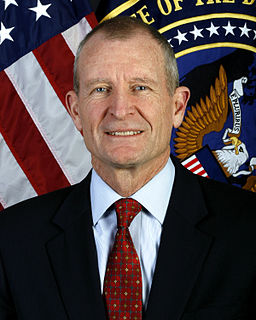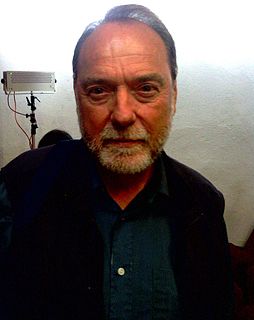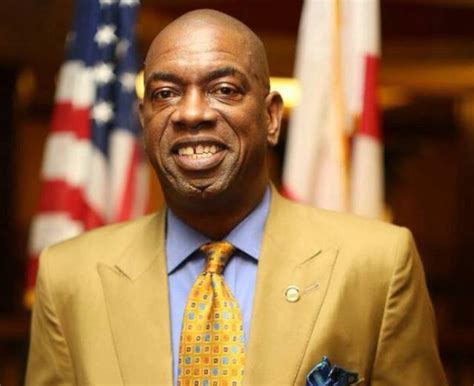A Quote by Stephen A. Schwarzman
The concept of fair value accounting is correct and useful, but the application during periods of crisis is problematic. It's another one of those unintended consequences of making a rule that's supposed to be good that turns out the other way.
Related Quotes
The flow of action continually produces consequences which are unintended by actors, and these unintended consequences also may form unacknowledged conditions of actions in a feedback fashion. Human history is created by intentional activities but is not an intended project; it persistently eludes efforts to bring it under conscious direction.
The concept of a midlife crisis is a well known one perpetuated by books and films. And recently the idea of a quarter-life crisis, between 20 and 30, has also gained a fair amount of media coverage. But there's a surprising lack of robust research on these events, and almost none on later life crisis.
Those with engineering skills will build tomorrow's genius computers. But those with the ability to create knowledge of any kind will be the ones who are best able to extract great value from them. The way to create value in the age of genius machines will be to compile and disseminate knowledge that other people will find useful.
Value investing doesn't always work. The market doesn't always agree with you. Over time, value is roughly the way the market prices stocks, but over the short term, which sometimes can be as long as two or three years, there are periods when it doesn't work. And that is a very good thing. The fact that our value approach doesn't work over periods of time is precisely the reason why it continues to work over the long term.
Intelligence is an extremely subtle concept. It's a kind of understanding that flourishes if it's combined with a good memory, but exists anyway even in the absence of good memory. It's the ability to draw consequences from causes, to make correct inferences, to foresee what might be the result, to work out logical problems, to be reasonable, rational, to have the ability to understand the solution from perhaps insufficient information. You know when a person is intelligent, but you can be easily fooled if you are not yourself intelligent.
When the wrong question is being asked, it usually turns out to be because the right question is too difficult. Scientists ask questions they can answer. That is, it is often the case that the operations of a science are not a consequence of the problematic of that science, but that the problematic is induced by the available means.


































